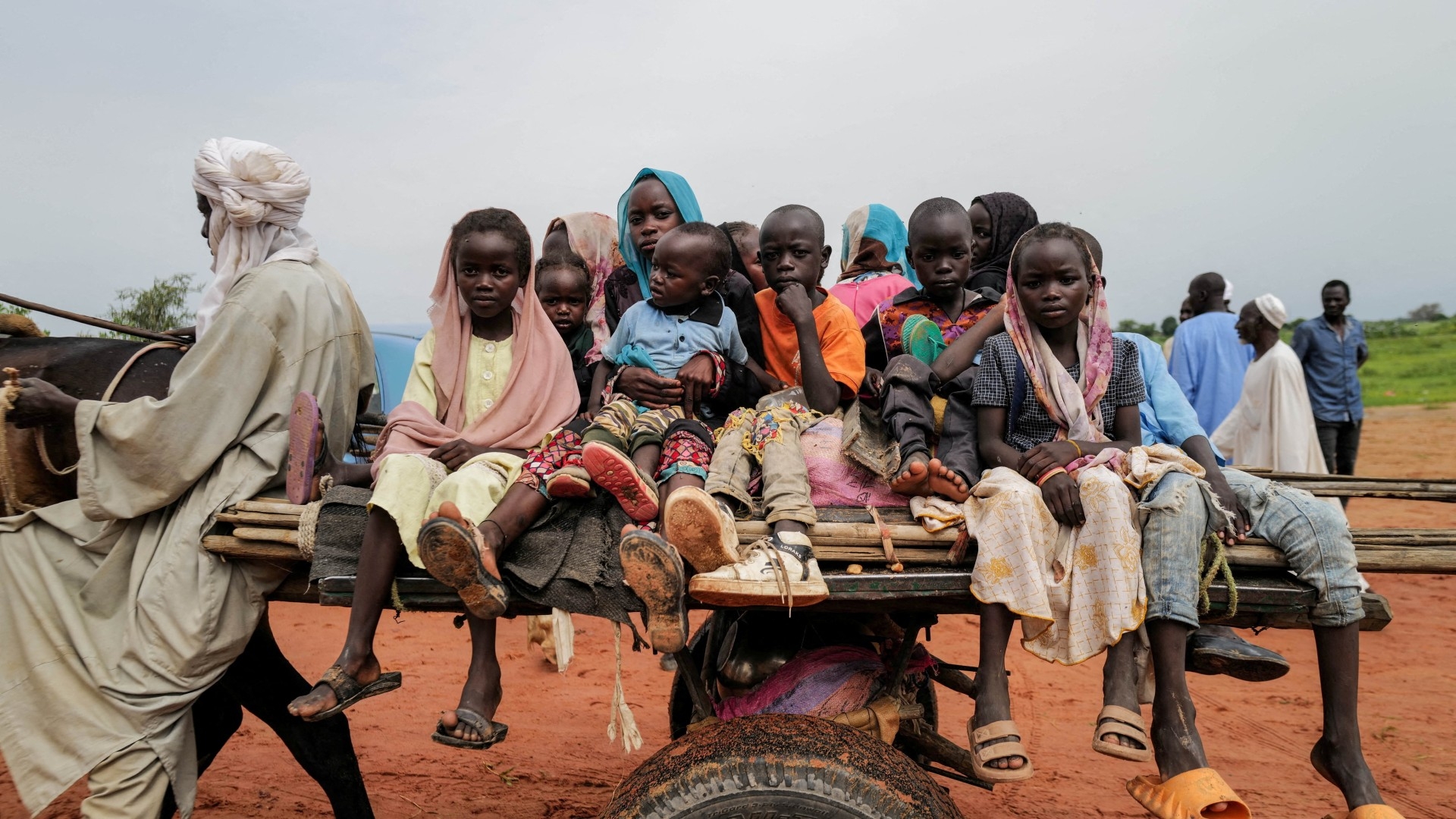Already a subscriber? Make sure to log into your account before viewing this content. You can access your account by hitting the “login” button on the top right corner. Still unable to see the content after signing in? Make sure your card on file is up-to-date.
The United Nations High Commissioner for Refugees (UNHCR) has announced that 117.3 million people are forcibly displaced worldwide.
In a recent report, the UNHCR revealed that one in every 69 people globally is now forcibly displaced, highlighting the severe impact of conflict, violence, persecution, and human rights violations. The first four months of 2024 have seen a continued rise in forced displacement, with projections suggesting the number will exceed 120 million by the end of April. Filippo Grandi, the UN High Commissioner for Refugees, emphasized the human cost of these figures, stating, “Behind these stark and rising numbers lie countless human tragedies. That suffering must galvanize the international community to act urgently to tackle the root causes of forced displacement.”

The report details that of the 117.3 million displaced individuals, 68.3 million remain within their own countries, driven by conflicts and crises. For example, in Gaza, an estimated 75% of the population, or over 1.7 million people, have been displaced due to ongoing assaults. International displacement has also surged, with the number of refugees crossing borders increasing by seven percent to 43.4 million in 2023, fueled by conflicts in Sudan, Ukraine, and other regions.
Asylum seekers, or those seeking protection from persecution or harm in another country, have also seen a significant rise, with 6.9 million individuals awaiting decisions on their status – a 26 percent increase from the previous year. A staggering 72 percent of all refugees originate from just five countries: Afghanistan, Syria, Venezuela, Ukraine, and Palestine, each contributing millions to the global refugee population.
Countries neighboring conflict zones bear the brunt of hosting refugees, with Iran, Turkey, Colombia, Germany, and Pakistan being the largest hosts. Iran and Pakistan primarily shelter Afghan refugees, while Turkey is the main refuge for Syrians. Notably, Germany stands out as the only major host country not bordering the primary sources of refugees, with significant populations from Ukraine, Syria, Afghanistan, and Iraq. Over the past decade, these nations have seen an increase in refugee numbers, with Turkey being the exception, experiencing a 14 percent decrease since 2021.






